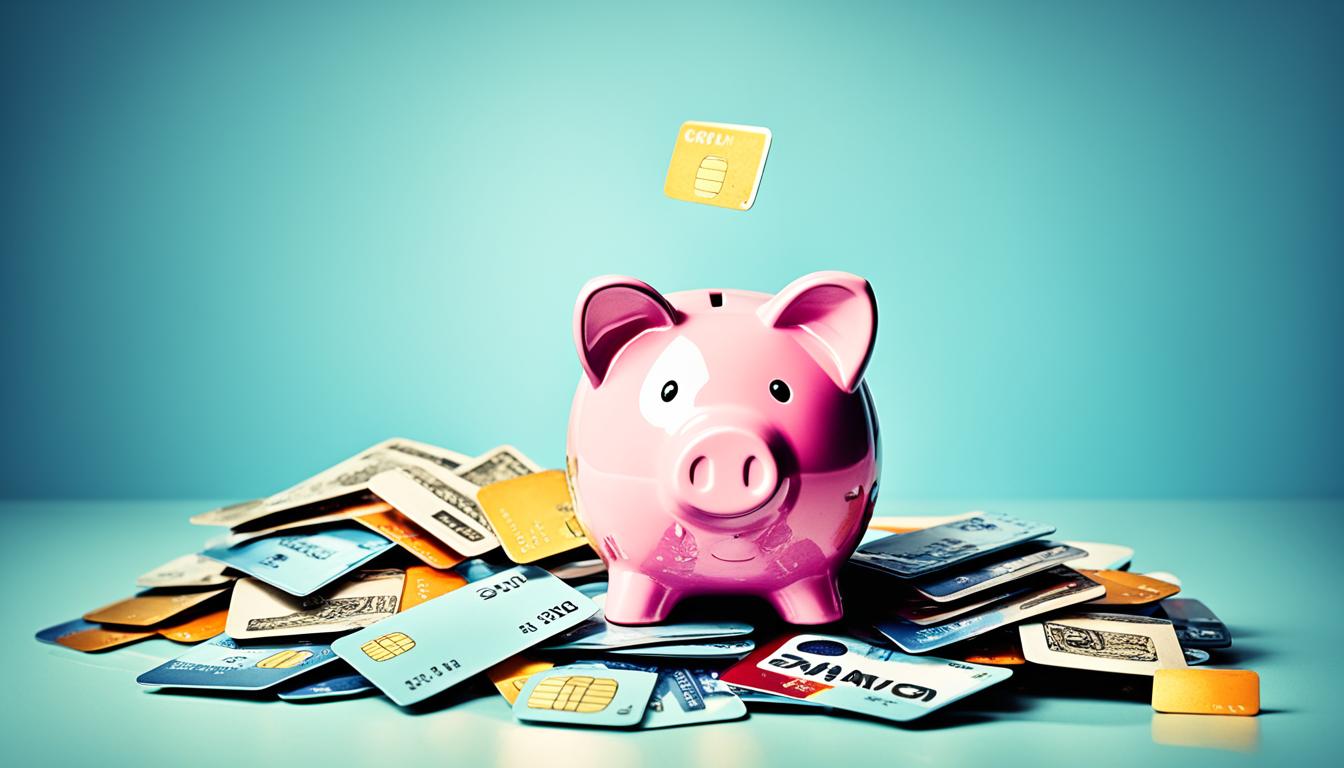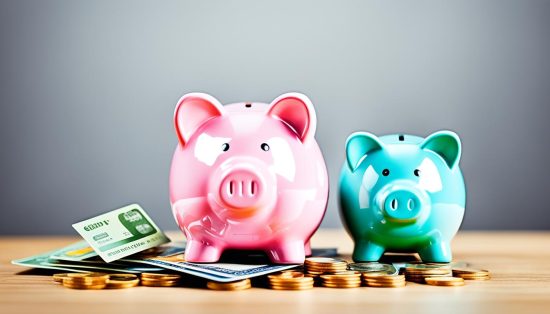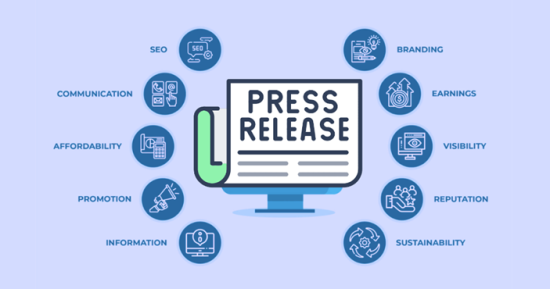
Have you ever wondered if credit cards truly help you save money? Or do they potentially hinder your saving efforts? While credit cards offer convenience and flexibility in managing your finances, they can also have a negative impact on your savings habits. In fact, credit cards can make it more challenging to save in several ways, leading to potential financial struggles and setbacks. Are you aware of the possible problems caused by credit cards? Let’s dive deeper into the world of credit cards and explore the various ways they can pose obstacles to your saving goals.
Throughout this blog, we will uncover the fundamentals of credit card usage, delve into the psychology of spending with credit cards, and examine how credit cards can encourage impulse buying. We will also explore the impact of high interest rates, minimum payments, and the temptation of rewards and bonuses. By understanding these factors, you’ll be equipped with strategies to manage your finances effectively and maximize your saving potential.
How Can Credit Cards Make It More Challenging to Save?
Credit cards can have a significant impact on your ability to save money. Understanding the fundamentals of credit card usage and the psychology behind credit card spending is essential for effective financial management. Additionally, comparing credit and debit cards can shed light on the influence they have on your savings mindset.

The Fundamentals of Credit Card Usage
When it comes to using credit cards and saving money, it’s important to establish good financial habits. Start by using credit cards responsibly and avoiding unnecessary debt. Only charge what you can afford to pay off in full each month to avoid interest charges. By treating your credit card as a convenient payment tool rather than a source of additional funds, you can maintain control over your finances and avoid accumulating high-interest debt.
Psychology of Spending with Credit Cards
The psychology of credit card spending can significantly impact your savings goals. The ease and convenience of using credit cards can lead to impulse buying and overspending. It’s essential to be aware of this tendency and practice mindful spending. Consider setting limits on your credit card usage, tracking your expenses, and regularly reviewing your credit card statements to stay accountable and on track with your savings plan.
Comparing Credit and Debit: The Impact on Savings Mindset
The choice between using credit or debit cards can have a significant impact on your savings mindset. Debit cards offer the advantage of spending only what you have, reducing the risk of accumulating debt. On the other hand, using credit cards responsibly can provide benefits such as rewards or cashback programs. However, it’s crucial to consider your financial goals and spending habits carefully to determine which option aligns better with your ability to save money.
By understanding the fundamentals of credit card usage, being mindful of the psychology of credit card spending, and comparing credit and debit card options, you can make informed decisions that support your savings goals. Stay tuned for the upcoming sections to explore more aspects of credit card usage and their impact on your financial well-being.
High Interest Rates and Their Effects
Minimum Payments as a Debt Trap
Minimum payments on credit cards can provide temporary relief but often lead to long-term consequences for savings goals. They typically cover a small percentage of the balance, extending repayment periods and increasing total interest paid. For example, a $10,000 debt at 20% interest with 2% minimum payments could take 65 years to repay, costing $34,000 in interest. To avoid this, pay more than the minimum monthly, use strategies like snowball or avalanche methods, and manage credit wisely to break free from debt and safeguard savings.
The Temptation of Rewards and Bonuses
Credit card rewards like cashback and points can encourage spending but should be managed carefully to avoid impacting savings goals. These perks are funded by card fees and interest, so it’s vital to assess whether the benefits justify potential costs. To maximize rewards without overspending, align them with specific savings goals and maintain financial discipline.
How Credit Cards Encourage Impulse Buying

Credit cards facilitate impulse buying by offering delayed payment and higher credit limits, which can create a sense of affordability and increased purchasing power. Rewards programs further incentivize spending, leading to impulsive purchases to earn rewards. To mitigate these effects, individuals should set spending limits, create budgets, track expenses diligently, and avoid unnecessary browsing or unplanned shopping trips. These steps help promote responsible credit card use and support long-term financial stability.
Balancing Monthly Budgets with Credit Card Payments
Managing finances requires balancing credit card payments and savings effectively. Start by creating a detailed budget that includes debt repayment as a priority expense. Prioritize paying off high-interest credit cards first to save on interest costs. Explore balance transfer options for lower rates and automate payments to avoid late fees. Allocate a portion of your income towards savings goals and regularly review expenses to identify savings opportunities. With careful planning and discipline, you can achieve financial stability while working towards your long-term objectives.
Credit Utilization and Its Influence on Savings Goals
Credit card utilization, the ratio of credit used to available credit, affects both credit scores and savings goals. Keeping utilization below 30% is ideal for maintaining a good credit score and avoiding high interest costs. Paying off balances regularly helps reduce financial strain and supports effective savings. Balancing credit use with savings efforts is crucial for long-term financial health. Achieving a lower credit utilization rate can enhance your ability to save and secure favorable financial terms in the future.
The Hidden Costs of Credit Card Ownership
When it comes to credit card ownership, there are hidden costs that can impact your savings goals. It’s important to understand these costs and make informed decisions to avoid unnecessary fees and maximize your saving habits. Let’s explore some of the hidden costs associated with credit cards and how they can affect your financial well-being.
Annual Fees
One of the most common hidden costs of credit cards is the annual fee. Many credit card providers charge an annual fee for the benefits and rewards they offer. While these benefits can be enticing, it’s important to evaluate whether the annual fee is worth the rewards. Consider your spending habits and the value you’re getting in return. If the annual fee outweighs the benefits, it may be beneficial to opt for a credit card without an annual fee.
Late Payment Charges
Late payment charges can quickly add up and impact your savings. If you miss a payment deadline, credit card companies can impose late payment fees, which are typically a percentage of your outstanding balance. These fees not only increase your debt but also damage your credit score. To avoid late payment charges, make sure to set reminders or enroll in automatic payment options to ensure timely payments.
Foreign Transaction Fees
Planning to travel abroad? Be aware of foreign transaction fees charged by credit card providers. When you make purchases in a foreign currency or use your credit card overseas, these fees are applied to each transaction. These fees can range from 1% to 3% of the transaction amount, which can significantly add up over time. To avoid foreign transaction fees, consider using a credit card with no foreign transaction fees or opt for alternative payment methods like prepaid travel cards or cash.
Credit Cards and Emergency Funds: A Risky Combination
While credit cards can provide convenience and financial flexibility, using them as emergency funds can create a risky situation for your long-term savings goals. Relying solely on credit cards in times of financial emergencies can lead to increased debt, higher interest payments, and a cycle of dependency on credit. It’s important to understand the downsides of using credit cards as emergency funds and explore alternative strategies to protect your financial security and foster better saving habits.

The Dangers of Using Credit Cards as Emergency Funds
1. Increasing Debt: When you rely on credit cards as your primary source of emergency funds, you run the risk of accumulating high levels of debt. This debt can quickly grow due to high interest rates and minimum payments, resulting in financial strain and limiting your ability to save for the future.
2. Higher Interest Payments: Using credit cards for emergencies often means carrying a balance, since it can be challenging to pay off the total amount immediately. This leads to accruing high-interest charges, making it even more difficult to pay off the debt and save money in the long run.
Building an Emergency Fund for Financial Security
Instead of relying solely on credit cards in times of emergencies, it’s crucial to establish a separate emergency fund. By doing so, you can safeguard your financial security and reduce the need to rely on credit cards for unexpected expenses.
Here are some strategies to build your emergency fund:
- Set a Saving Goal: Determine how much you want to save in your emergency fund, such as three to six months’ worth of living expenses, and create a plan to achieve that goal.
- Automate Savings: Set up automatic transfers from your checking account to a dedicated savings account specifically for emergencies. Treat these transfers as non-negotiable monthly expenses.
- Reduce Expenses: Look for areas where you can cut back on unnecessary expenses and redirect the saved money towards your emergency fund. It may require sacrifices in the short term, but the long-term financial security is worth it.
- Supplement Income: Consider taking on side gigs or finding additional sources of income to accelerate your emergency fund savings. This extra cash can provide a safety net during unexpected financial difficulties.
FAQs on Credit Card and Saving Money
How credit card help to save money?
Having a credit card can help you save money in certain ways. Some credit cards offer cashback or rewards programs, allowing you to earn back a portion of your spending. Additionally, credit cards can provide insurance protection and travel benefits, which can save you money in certain situations. However, it’s important to use credit cards responsibly and pay off your balances in full to avoid high interest charges that can negate any potential savings.
What is a possible problem caused by credit cards?
A possible problem caused by credit cards is falling into a cycle of debt. If you consistently carry a balance and only make minimum payments, the interest charges can accumulate, making it difficult to pay off the debt. This can lead to a cycle of revolving credit and hinder your ability to save money. Additionally, the temptation of credit card rewards and bonuses can encourage impulsive spending and make it challenging to save for long-term financial goals.
What are the advantages of using credit cards?
There are several advantages to using credit cards. First, credit cards offer convenience and security when making purchases, as you don’t need to carry cash. Credit cards also provide a record of your transactions, which can be useful for tracking expenses or disputing fraudulent charges. Additionally, many credit cards offer rewards programs, allowing you to earn cashback, airline miles, or other perks for your spending. Finally, credit cards can provide additional purchase protection and travel benefits, such as extended warranties or rental car insurance.








